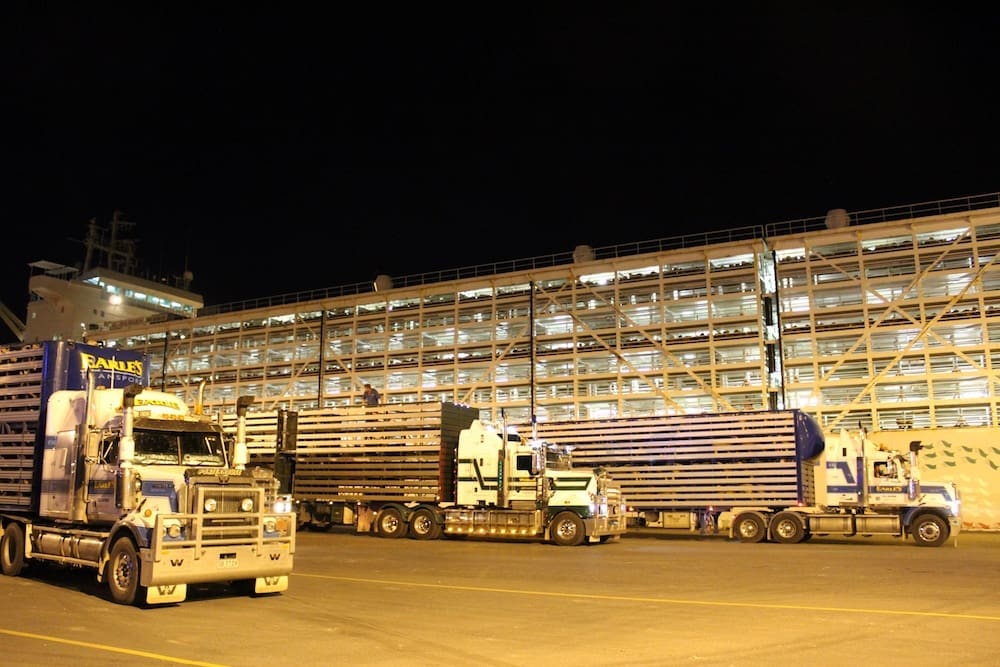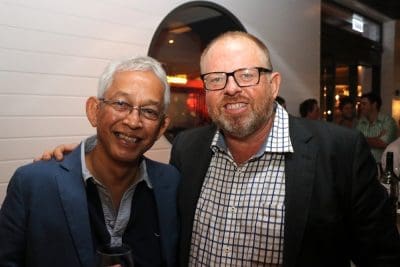
FOR just about every person working in Australia’s northern cattle industry at the time it still stands as one of those “I can still remember where I was” moments.
That is the moment Federal Minister for Agriculture, Fisheries and Forestry Senator Joe Ludwig formally announced the Australian Government had suspended the export of live cattle to Indonesia.
The decision followed nine days of what was then a new phenomenon of social media outrage in Australia, sparked by footage broadcast on ABC Four Corners on 30 May, 2011, of Australian cattle being brutally mistreated in about 10 abattoirs in Indonesia.
The coals have been raked over many times but the upshot was financial and emotional devastation for large numbers of cattle producing families and associated businesses across northern WA, the Northern Territory and Queensland, and cataclysmic for the Government to Government relationship between neighbours Australia and Indonesia, which many would argue has never recovered.
A key legacy of the crisis was the introduction of the Exporter Supply Chain Assurance System (ESCAS) which, while complicated and costly to introduce, provided an additional level of animal welfare assurance that many also argue the industry needed to have, and one which has enabled it to continue on as a valued trade outlet for northern producers and an important source of nutrition to low-income consumers in destination countries.
“The most obvious thing 2011 brought was the implementation of the ESCAS system, and the industry has never really looked back from that,” Australian Livestock Exporters Council chief executive officer Mark Harvey-Sutton told Beef Central this week.
“That surety around animal welfare is now something the industry prides itself on.”
 Mr Harvey-Sutton said that 10 years ago the industry had to face up to its challenges and acknowledge that what was being allowed to happen in some areas was not good enough.
Mr Harvey-Sutton said that 10 years ago the industry had to face up to its challenges and acknowledge that what was being allowed to happen in some areas was not good enough.
“The industry has learnt from that and the great success of the industry is the fact it is still going, it is a very resilient, mature industry now and the contribution it makes to food security has never been more important.”
While the industry was not a “zero risk” industry and issues would still arise, he said the chances of Australian livestock being mistreated in export markets were now vastly reduced.
“If you categorise 2011 as a systemic problem, I would argue there are no longer systemic problems within the industry, and often the reason issues are picked up is because we do have that ESCAS process in place and those supply chain assurances.”
He also wanted to acknowledge the role Indonesian importers played in 2011 and the years since in taking the lead to accept and implement ESCAS, at great cost to their own businesses in many cases, which is now a global system contributing to food security in every market.
10 years on from “A bloody business” and the resulting snap Government suspension of the entire trade to the major market of Indonesia, Mr Harvey-Sutton said the clear lesson for all Governments in future is to avoid knee-jerk decisions.
“There is no doubt things had to be addressed, industry had to address those problems, but there is also no doubt the response and the Government’s decision was incorrect, and was found to be illegal by the Federal Court which is significant.
“There is a lesson for Governments that when faced with situations like this that knee-jerk reactions are never appropriate and issues have to be dealt with pragmatically, and with a focus on addressing the issues at hand with one eye to the potential consequences of what can occur.
“The ripple effect was astonishing from direct loss of income for exporters and producers right through to that long-term diplomatic relationship.”

Dicky Adiwoso and Queensland Livestock Exporters Association president Greg Pankhurst.
Queensland Livestock Exporters Association president Greg Pankhurst said Australia’s vital trade relationship with Indonesia has never recovered since the hasty decision to suspend the entire trade was made 10 years ago.
“The takeaway is sadly that there were 10 facilities they looked at in Indonesia and essentially shut down the whole business for at least eight weeks with knee-jerk reaction, people still talk about it over there,” he said.
Northern Territory Cattlemen’s Association CEO Will Evans said the 10 year anniversary should serve as a reminder never to repeat knee-jerk decisions that are “capricious and unreasonable”.
“12 months ago Judge Rares found that Joe Ludwig and the Gillard Government had acted unlawfully and with wilful misfeasance.
“Anniversaries serve as reminders of where we’ve been and what we’ve done together.
“The remarkable achievement is not only the victory in the class action against the Government. It’s the battle that truly shocks me. I cannot imagine how many people said the class action was a waste of time and money.

Will Evans
“But the Territory’s beef industry has always been about fighting. Fighting the heat. Fighting the water, or lack of it. Fighting weeds and dogs and buffalo and Government bureaucracy and sometimes Government itself.
“The success of 2011 stems from the simple fact that when the industry was attacked, the industry stood together and was held together by the strength of remarkable people.
“Tonight, I’ll be raising a glass to those who fronted the cameras, to those who stood behind them and to those who we’ve lost over the last 10 years who didn’t get to see the end of the battle.”
